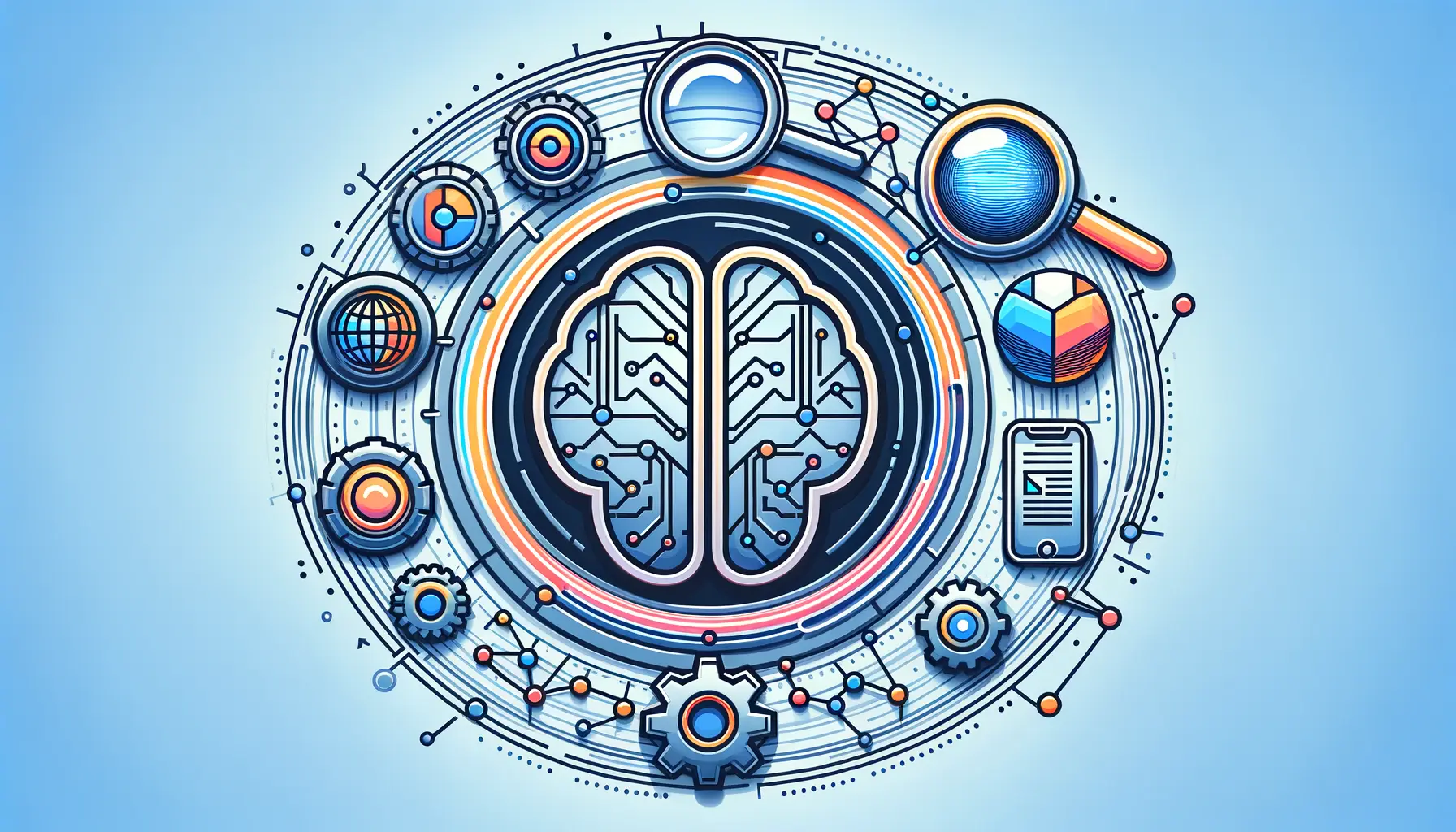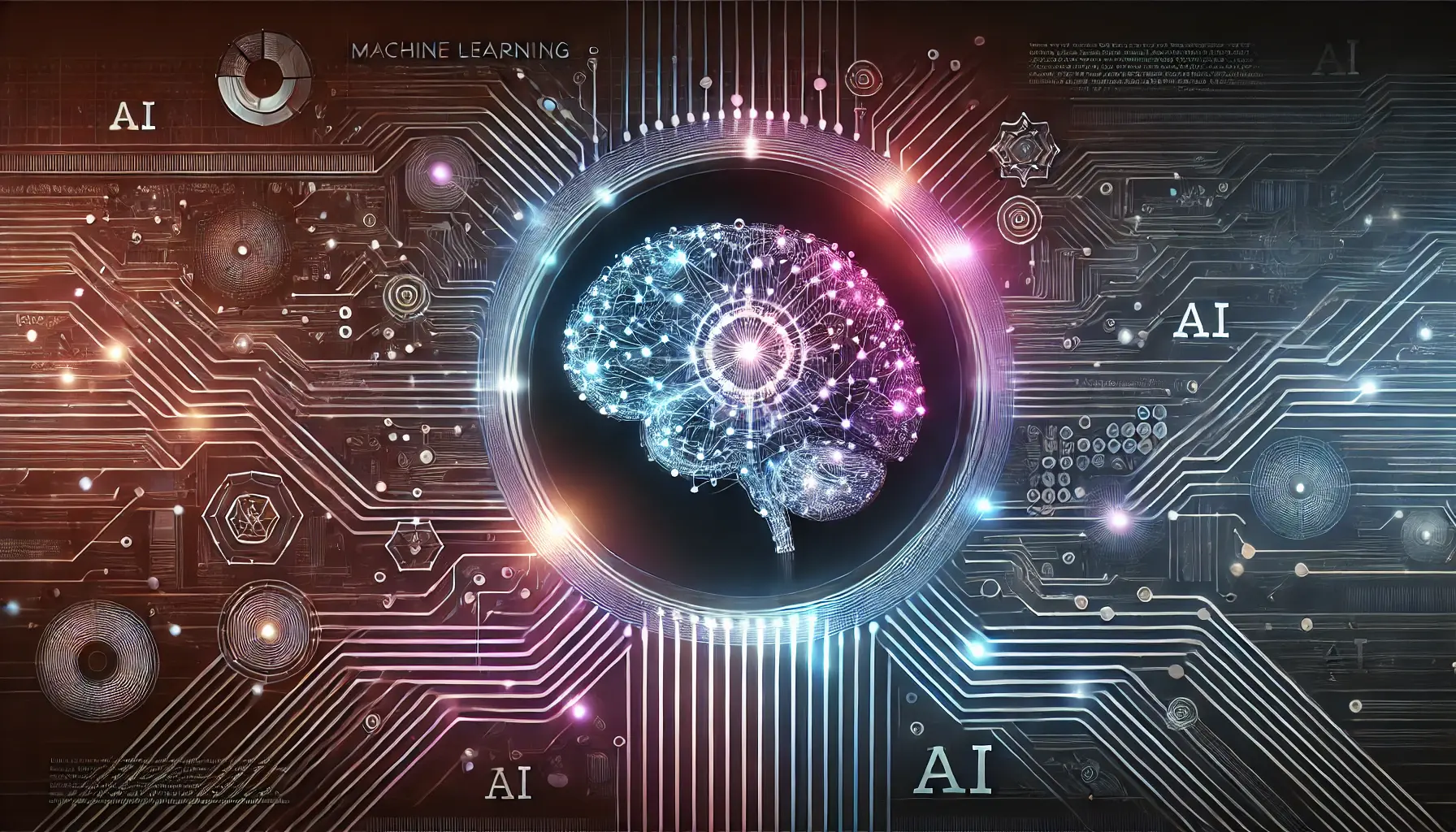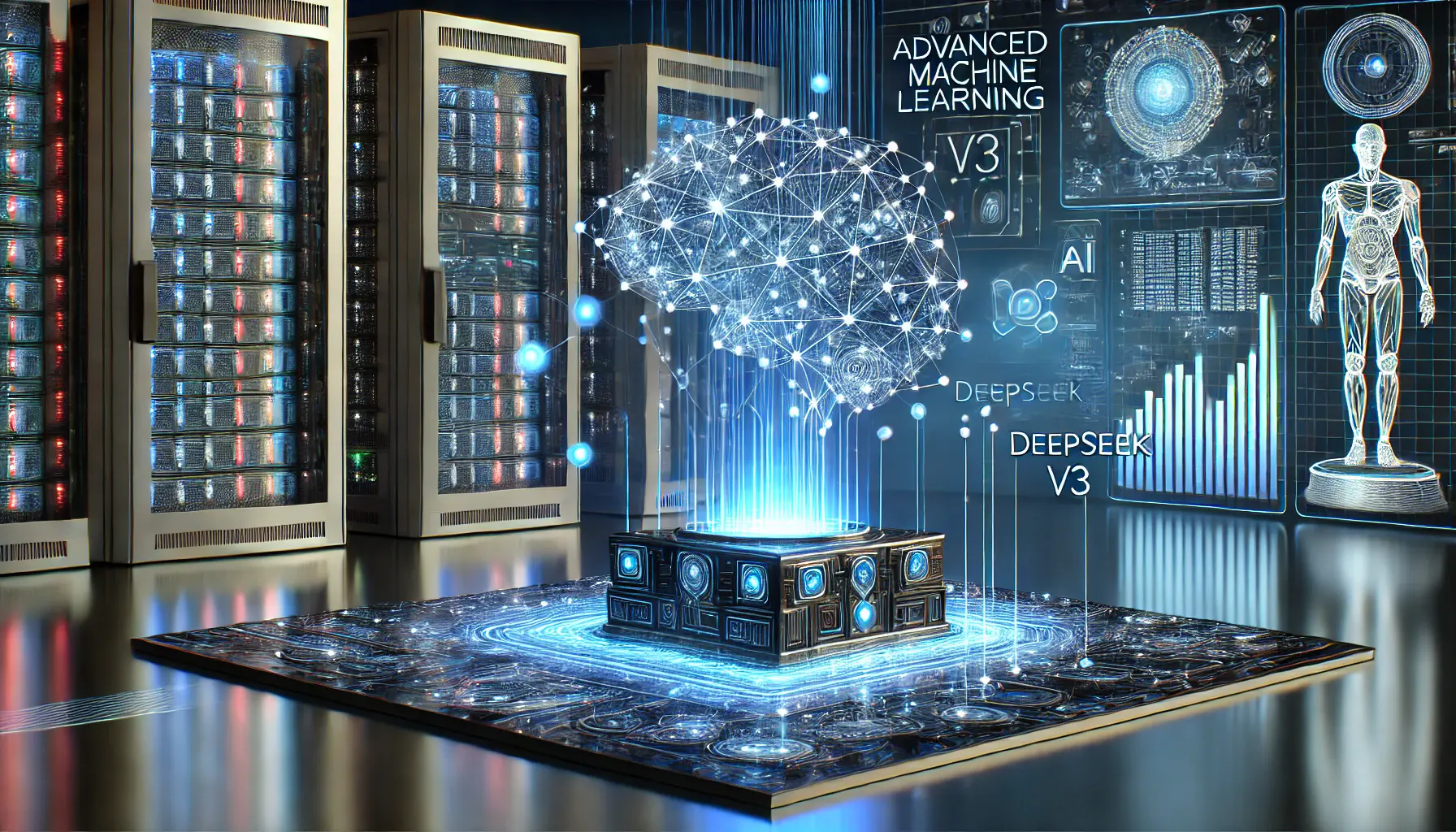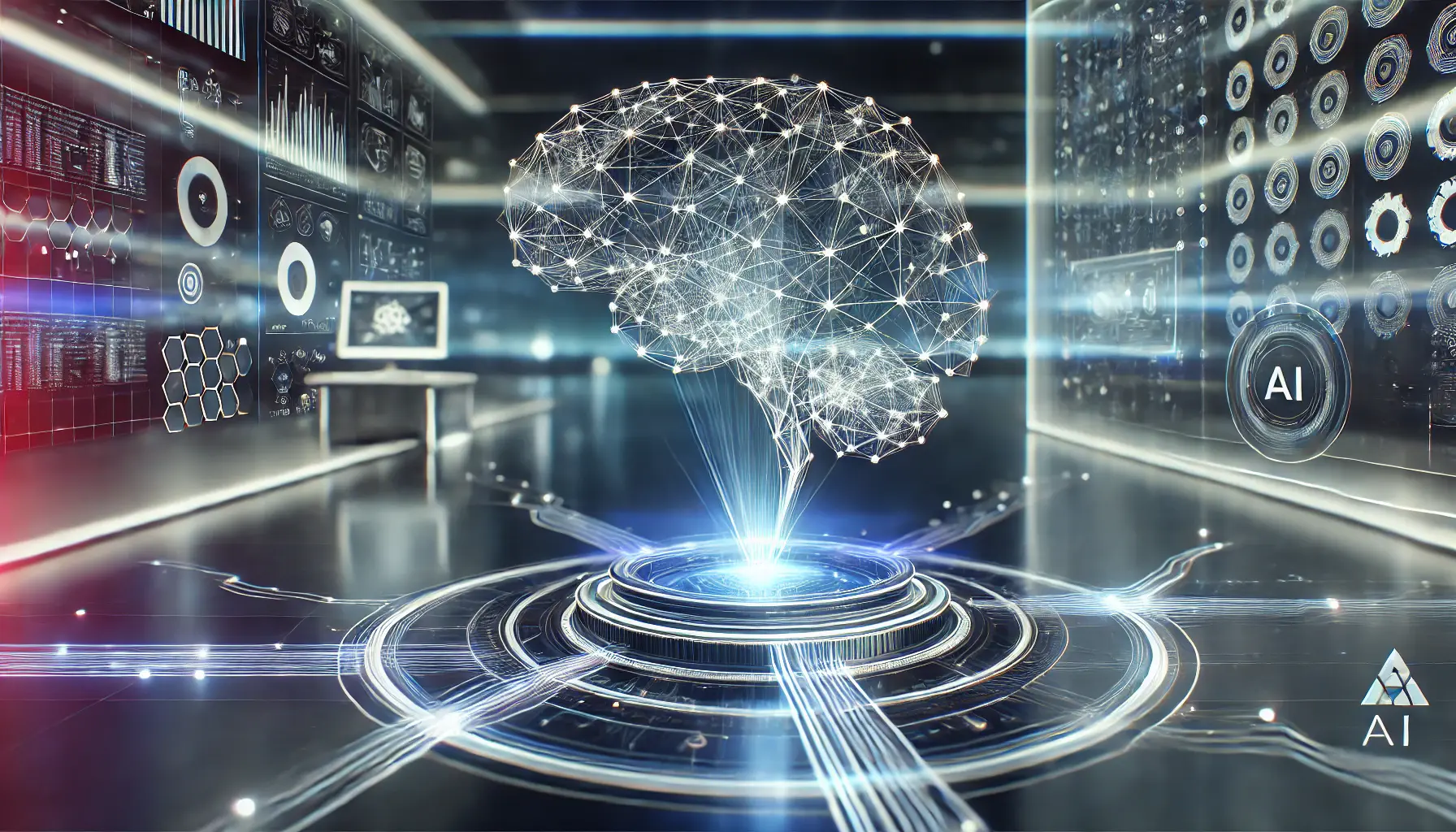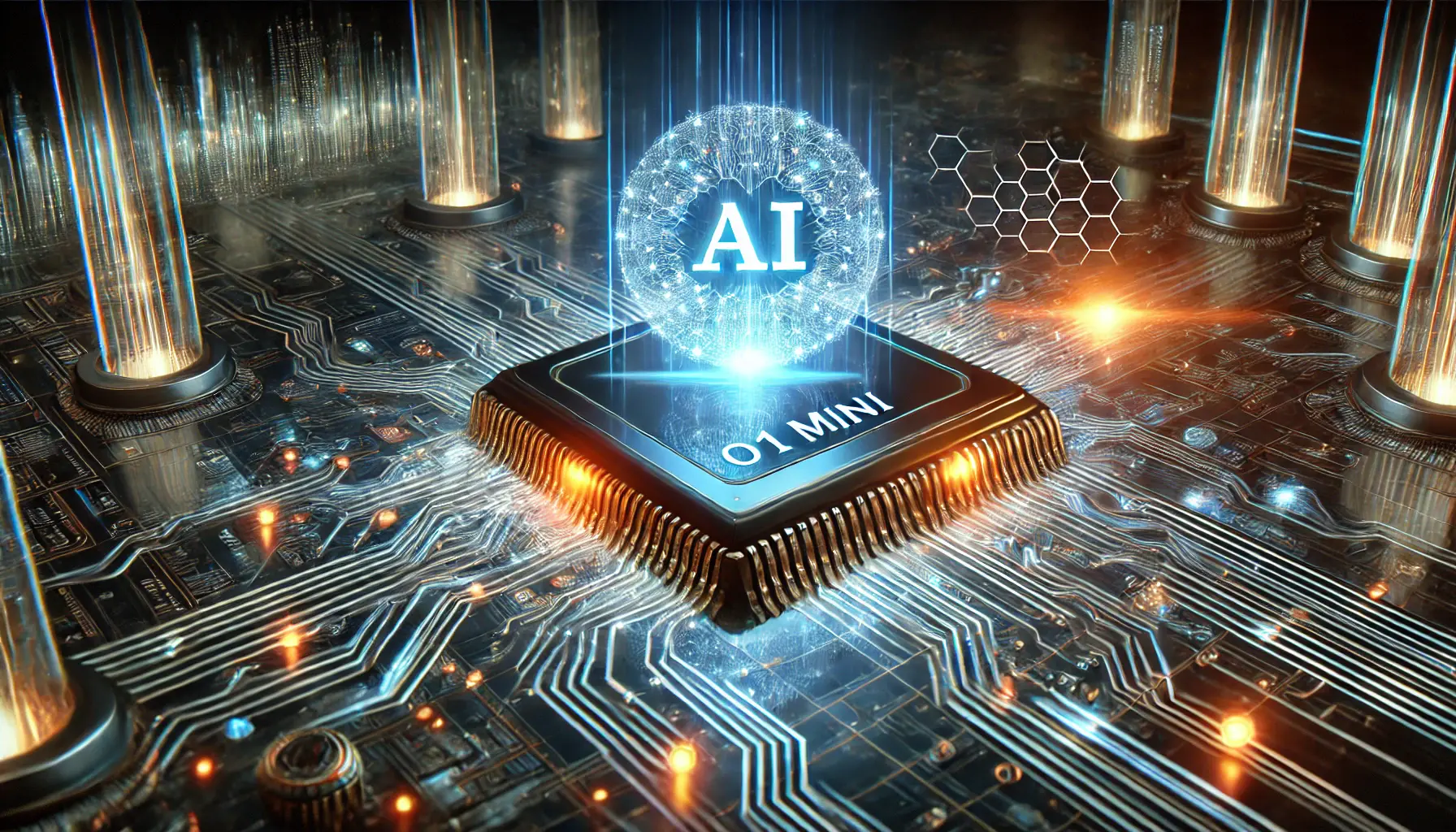The digital landscape is continuously evolving, with artificial intelligence (AI) leading the charge, especially in the realm of Technical SEO.
This innovative intersection is not just transforming how we understand search engine optimization but is also setting new benchmarks for website performance, user experience, and ultimately, search engine rankings.
As we delve into the world of AI and its implications for Technical SEO, it’s essential to grasp the depth and breadth of this technological revolution.
AI’s role in Technical SEO marks a pivotal shift from traditional optimization strategies to more dynamic, intelligent approaches.
The integration of AI technologies in SEO practices is not merely about enhancing efficiency; it’s about redefining the possibilities of website optimization.
By leveraging AI, SEO professionals can now tap into unprecedented levels of data analysis, predictive modeling, and automated decision-making, paving the way for more sophisticated and effective optimization strategies.
- The Impact of AI on SEO Strategies
- AI-Driven Content Creation and Optimization
- Technical SEO Enhancements Through AI
- AI in Link Building and Backlink Analysis
- AI’s Role in SEO Analytics and Reporting
- Future Trends: AI and SEO Evolution
- Adapting to AI: Strategies for SEO Professionals
- Embracing the Future: AI’s Transformative Role in Technical SEO
- AI Advancements in Technical SEO: FAQs
The Impact of AI on SEO Strategies
AI’s influence on SEO strategies is profound, with its capability to process and analyze vast amounts of data at incredible speeds.
This allows for a more nuanced understanding of search patterns, user behavior, and content relevance.
AI technologies such as machine learning algorithms and natural language processing have become instrumental in developing SEO strategies that are not only reactive but also predictive.
By anticipating future trends and user needs, businesses can create content that aligns more closely with the search intent, thereby improving their search engine visibility and rankings.
Moreover, AI-driven SEO tools are revolutionizing keyword research, content optimization, and link building.
These tools can uncover hidden patterns in search data, suggest optimal keywords, and even generate content ideas that are more likely to resonate with the target audience.
The automation of these tasks frees up SEO professionals to focus on strategic planning and creative content creation, significantly enhancing the efficiency and effectiveness of SEO campaigns.
Enhanced User Experience Through AI
At the heart of Technical SEO is the user experience, and AI is playing a crucial role in its enhancement.
AI-powered analytics platforms provide deeper insights into user behavior, enabling webmasters to tailor their websites to meet user expectations better.
From improving site navigation to optimizing page load times, AI tools help in fine-tuning every aspect of the website to offer a seamless and engaging user experience.
This not only aids in retaining visitors but also signals to search engines that the website is of high quality, further boosting its rankings.
AI’s ability to understand and process natural language has also improved the accuracy of voice search optimization.
As voice search becomes increasingly popular, optimizing for natural, conversational queries has become essential.
AI technologies enable websites to cater to this new search paradigm, making content more accessible through voice search and thus, expanding their reach.
AI’s integration into Technical SEO is not just a trend; it’s a transformative shift that is redefining the future of search engine optimization.
AI-Driven Content Creation and Optimization
The advent of AI in Technical SEO has significantly altered the landscape of content creation and optimization.
With AI’s ability to analyze data and understand user intent, the process of creating content that ranks well on search engines has become more sophisticated and targeted.
Let’s explore how AI is shaping content strategies in SEO.
Automating Content Generation
One of the most notable impacts of AI on content creation is the automation of content generation.
AI-powered tools can now produce draft articles, blog posts, and even detailed reports, saving content creators countless hours of manual work.
However, the role of human oversight remains crucial to ensure that the generated content meets quality standards and aligns with brand voice.
These AI tools leverage natural language processing (NLP) to understand topics and generate content that is not only relevant but also engaging for readers.
This automation extends to content optimization, where AI tools suggest improvements in real-time, from keyword inclusion to readability enhancements.
Enhancing Content Relevance with AI
- Keyword Optimization: AI tools analyze search trends and user queries to identify high-value keywords. This enables content creators to integrate these keywords naturally into their content, improving its relevance and visibility.
- Content Personalization: By understanding user preferences and behavior, AI can tailor content to individual users, increasing engagement and time spent on the site.
- Search Intent Matching: AI’s deep learning capabilities allow it to match content with the specific intent behind user searches, ensuring that users find exactly what they’re looking for.
Improving Content Quality with AI Insights
AI doesn’t just stop at generating and optimizing content; it also provides valuable insights that can improve content quality.
Through detailed analysis of user engagement metrics, AI tools can highlight which content performs well and why.
This feedback loop enables content creators to refine their strategies, focusing on topics and formats that resonate most with their audience.
Moreover, AI-driven semantic analysis helps in understanding the context around keywords, allowing for the creation of content that covers topics comprehensively.
This not only satisfies user queries more effectively but also positions the website as an authoritative source in its niche.
Incorporating AI into content creation and optimization processes offers a competitive edge, making content more relevant, engaging, and valuable to the target audience.
Technical SEO Enhancements Through AI
The backbone of any successful SEO strategy lies in its technical foundation.
AI advancements have ushered in a new era for technical SEO, offering tools and insights that were previously unimaginable.
These enhancements not only streamline SEO processes but also significantly boost website performance and user satisfaction.
Site Speed Optimization
AI tools play a pivotal role in optimizing site speed, a critical factor for both user experience and search engine rankings.
By analyzing website architecture and content delivery networks, AI identifies bottlenecks and recommends actionable solutions to improve load times.
This includes suggestions for image compression, code minification, and server response times, ensuring that websites load swiftly across all devices.
Automated Technical Audits
Conducting comprehensive technical SEO audits has never been easier, thanks to AI.
These automated audits can crawl entire websites, identifying issues such as broken links, improper redirects, and missing alt tags.
By providing a detailed report of technical shortcomings, AI enables webmasters to address these issues promptly, enhancing the overall health and searchability of their websites.
Enhanced User Experience with AI
- Personalization: AI algorithms analyze user behavior to offer personalized content and navigation paths, making the website more relevant and engaging for each visitor.
- Accessibility Improvements: AI tools can also ensure that websites are accessible to all users, including those with disabilities, by suggesting improvements in contrast ratios, font sizes, and alt text for images.
- Interactive Elements: Incorporating AI-driven chatbots and interactive assistants improves user engagement and provides immediate assistance, further enhancing the user experience.
Mobile Optimization
In today’s mobile-first world, ensuring that websites are optimized for mobile devices is paramount.
AI tools assist in this regard by analyzing mobile user behavior and website performance metrics.
They offer recommendations for improving mobile usability, from simplifying navigation to optimizing page elements for touch interactions.
This ensures that mobile users have a seamless experience, which is crucial for retaining visitors and improving mobile search rankings.
AI’s impact on technical SEO is transformative, offering unprecedented opportunities for website optimization, enhanced user experience, and ultimately, higher search engine rankings.
AI in Link Building and Backlink Analysis
Link building, a cornerstone of SEO strategy, has been revolutionized by AI, offering new avenues for identifying link opportunities and analyzing backlink quality.
AI’s analytical prowess provides a deeper understanding of the link landscape, enabling more strategic and effective link acquisition efforts.
Identifying Link Opportunities
AI-powered tools streamline the process of identifying potential link-building opportunities by analyzing vast datasets to uncover websites and pages that align with a site’s content and audience.
These tools assess the authority, relevance, and traffic of potential linking sites, ensuring that efforts are focused on acquiring valuable backlinks that will positively impact SEO performance.
Backlink Quality Analysis
Not all backlinks are created equal, and AI excels in distinguishing high-quality links from those that might harm a site’s SEO standing.
By evaluating factors such as domain authority, link placement, and the context surrounding the link, AI tools provide a comprehensive assessment of backlink quality.
This enables SEO professionals to prioritize high-value links and disavow links that could potentially lead to penalties from search engines.
Automating Link Outreach
- Personalized Outreach: AI can automate the outreach process while maintaining a level of personalization that increases the likelihood of a positive response. By analyzing recipient websites and previous interactions, AI crafts customized messages that resonate with the target audience.
- Efficiency and Scale: With AI, the scale of link outreach campaigns can be significantly expanded without sacrificing the quality of communication. This allows for more link opportunities to be explored in a shorter timeframe.
- Monitoring and Follow-up: AI systems can monitor responses to outreach efforts and automatically follow up on opportunities, ensuring that no potential link goes unexplored due to oversight or lack of follow-through.
Competitive Link Analysis
Understanding the backlink profiles of competitors is crucial for benchmarking and identifying link-building opportunities.
AI tools analyze competitors’ backlinks in real-time, offering insights into their link-building strategies and uncovering gaps that can be exploited.
This competitive intelligence enables businesses to refine their link-building approach, targeting areas that offer the most significant potential for SEO improvement.
Leveraging AI in link building and backlink analysis offers a competitive edge, enabling more strategic decisions and efficient processes that lead to a stronger backlink profile and improved SEO outcomes.
AI’s Role in SEO Analytics and Reporting
The integration of AI into SEO analytics and reporting has transformed the way SEO professionals interpret data and measure success.
With the ability to process and analyze vast amounts of data at an unprecedented speed, AI provides deeper insights and more actionable intelligence than ever before.
Advanced Data Analysis
AI excels in sifting through complex datasets to identify patterns, trends, and anomalies that might go unnoticed by the human eye.
This advanced data analysis capability allows SEO professionals to understand the nuances of website performance, user behavior, and search engine dynamics.
By leveraging AI for data analysis, businesses can make informed decisions that significantly impact their SEO strategy and overall digital marketing efforts.
Real-time SEO Monitoring
SEO is a dynamic field, with search engine algorithms and market conditions constantly evolving.
AI-powered tools provide real-time monitoring of SEO metrics, enabling immediate responses to changes in search rankings, website traffic, and other critical indicators.
This agility ensures that SEO strategies remain effective and aligned with current best practices, maximizing the potential for high search engine visibility.
Personalized Reporting
- Custom Insights: AI-driven SEO tools can generate personalized reports that cater to the specific needs and goals of a business. By focusing on metrics that matter most to the organization, these reports provide relevant insights that support strategic decision-making.
- Visual Data Representation: With AI, complex data can be presented in an easily digestible format, using visualizations that highlight key trends and insights. This makes it easier for stakeholders to understand SEO performance and its impact on business objectives.
- Actionable Recommendations: Beyond mere data presentation, AI-enhanced reports offer actionable recommendations based on predictive analytics. These suggestions guide SEO professionals in optimizing their strategies for better results.
Competitive Benchmarking
Understanding how a website stacks up against its competitors is crucial for SEO success.
AI tools facilitate competitive benchmarking by analyzing the SEO strategies of rival businesses.
This analysis provides valuable insights into competitive strengths and weaknesses, offering opportunities for strategic adjustments that can lead to improved search engine rankings and visibility.
AI’s contribution to SEO analytics and reporting is indispensable, offering a level of insight and efficiency that elevates SEO strategies and drives measurable success.
Future Trends: AI and SEO Evolution
The symbiotic relationship between AI and SEO is poised for further evolution, with emerging trends indicating a future where AI not only supports but also significantly shapes SEO strategies.
As we look ahead, it’s clear that the integration of AI in SEO will deepen, bringing about transformative changes that will redefine the landscape of search engine optimization.
AI-Powered Search Algorithms
Search engines are increasingly incorporating AI into their algorithms to improve the relevance and accuracy of search results.
Future developments may see AI becoming the core of search algorithms, with machine learning models continuously refining and updating ranking factors based on real-time data.
This shift will require SEO professionals to adapt their strategies to align with AI-driven search criteria, focusing more on content quality, user intent, and engagement metrics.
Voice and Visual Search Optimization
As voice assistants and image recognition technologies become more sophisticated, voice and visual searches are set to increase.
AI’s role in understanding natural language queries and visual content will be crucial for optimizing websites for these search modalities.
SEO strategies will need to evolve to include voice search optimization and image tagging, ensuring content is accessible through these emerging search interfaces.
Automated SEO Strategy Development
- Strategy Customization: AI will enable the creation of highly customized SEO strategies that are tailored to the unique characteristics of each website and its target audience. By analyzing extensive datasets, AI can identify the most effective tactics for a particular site, reducing the guesswork involved in SEO planning.
- Dynamic Adjustment: AI systems will continuously monitor SEO performance and automatically adjust strategies in response to changing search trends and website analytics. This dynamic approach ensures that SEO efforts are always optimized for current conditions.
- Predictive SEO: Leveraging predictive analytics, AI will forecast future search trends and user behaviors, allowing businesses to proactively adjust their SEO strategies. This forward-looking perspective will provide a competitive advantage in capturing emerging search opportunities.
Enhanced User Experience Through AI Personalization
AI’s ability to personalize user experiences will play an increasingly important role in SEO.
By delivering content and recommendations that are tailored to individual user preferences and behaviors, websites can improve engagement, reduce bounce rates, and enhance the overall user experience.
This level of personalization will not only satisfy users but also signal to search engines that a website is providing valuable and relevant content, further boosting its SEO performance.
The future of SEO in the age of AI promises a landscape where optimization strategies are more intelligent, personalized, and effective. Staying abreast of these trends and embracing AI’s potential will be key for SEO professionals looking to achieve and maintain top search engine rankings.
Adapting to AI: Strategies for SEO Professionals
As AI continues to reshape the SEO landscape, professionals in the field must adapt to leverage the opportunities it presents.
The future of SEO will be characterized by more intelligent strategies, automation of routine tasks, and a greater focus on delivering a personalized user experience.
Here’s how SEO professionals can stay ahead in this AI-driven environment.
Embrace AI Tools and Technologies
The first step in adapting to AI in SEO is to embrace the tools and technologies that facilitate AI integration.
This means familiarizing oneself with AI-powered SEO platforms, analytics tools, and content generation applications.
By incorporating these tools into their workflow, SEO professionals can enhance their efficiency, uncover deeper insights, and automate time-consuming tasks such as keyword research, content optimization, and technical audits.
Focus on Quality Content and User Experience
AI’s role in search algorithms emphasizes the importance of quality content and a superior user experience.
SEO professionals should prioritize creating content that genuinely addresses user needs and queries, supported by AI’s insights into user intent and preferences.
Additionally, optimizing websites for usability, speed, and mobile-friendliness remains crucial.
AI can help identify areas for improvement, ensuring that websites meet the high standards expected by both users and search engines.
Stay Informed and Continuously Learn
- Industry Trends: The field of AI and SEO is rapidly evolving, with new developments and best practices emerging regularly. Staying informed about the latest trends and algorithm updates is essential for SEO professionals looking to adapt their strategies effectively.
- AI Literacy: As AI becomes more integral to SEO, a basic understanding of AI and machine learning concepts can be incredibly beneficial. This knowledge can help SEO professionals make better use of AI tools and interpret the data and recommendations they provide.
- Continuous Learning: The dynamic nature of AI and SEO demands a commitment to continuous learning. Participating in webinars, attending conferences, and engaging with online communities can provide valuable insights and keep professionals up-to-date with the latest AI advancements in SEO.
Collaborate and Experiment
Adapting to AI in SEO is not a solo journey.
Collaboration with developers, content creators, and data scientists can lead to more innovative and effective SEO strategies.
Experimenting with AI tools and techniques, even on a small scale, can provide practical experience and insights into what works best for a particular website or industry.
This hands-on approach encourages a culture of innovation and adaptability, which is crucial for success in an AI-driven SEO landscape.
The integration of AI into SEO presents both challenges and opportunities. By embracing AI technologies, focusing on quality content and user experience, staying informed, and fostering a culture of collaboration and experimentation, SEO professionals can navigate the changes effectively and continue to drive search engine success.
Embracing the Future: AI’s Transformative Role in Technical SEO
The journey through the realms of AI advancements in Technical SEO unveils a future where the synergy between artificial intelligence and search engine optimization strategies heralds a new era of digital marketing.
As we’ve explored, AI is not merely a tool in the SEO toolkit; it’s becoming the architect of a more dynamic, responsive, and personalized web.
This evolution promises to redefine the benchmarks for success in search engine rankings, user engagement, and ultimately, the digital presence of businesses.
The Path Forward with AI in SEO
Adapting to the AI-driven changes in Technical SEO requires a proactive approach, where staying informed, embracing new technologies, and prioritizing quality content and user experience become the cornerstones of effective SEO strategies.
The integration of AI offers unprecedented opportunities for SEO professionals to refine their tactics, automate complex processes, and deliver more personalized, engaging content to users.
However, this integration also demands a deeper understanding of AI technologies and their implications for SEO practices.
Key Strategies for SEO Success in the AI Era
- Continuous Learning and Adaptation: The rapid pace of AI advancements necessitates ongoing education and flexibility in SEO strategies to stay ahead of the curve.
- Quality Over Quantity: AI reinforces the importance of creating high-quality, relevant content that addresses user intent and enhances the user experience.
- Collaboration Across Disciplines: Effective SEO in the age of AI involves collaboration with data scientists, content creators, and web developers to harness the full potential of AI technologies.
- Embracing AI Tools: Leveraging AI-powered tools for analytics, content creation, and technical audits can significantly improve efficiency and insights.
In conclusion, the fusion of AI and Technical SEO is setting the stage for a more intelligent, user-centric web.
As AI continues to influence search algorithms and user interactions, SEO professionals equipped with AI knowledge and tools will lead the charge in navigating this new landscape.
By embracing AI’s potential to enhance Technical SEO, businesses can unlock new levels of success in the digital realm, ensuring their content resonates with both search engines and users alike.
The future of SEO is bright, and it is undeniably intertwined with the advancements of artificial intelligence.
Want your website to top Google search rankings? Leave the SEO to our professional agency!
AI Advancements in Technical SEO: FAQs
As AI continues to reshape the landscape of Technical SEO, numerous questions arise regarding its impact, implementation, and future. Here are answers to some of the most frequently asked questions in this evolving field.
No, AI will not replace SEO specialists and writers but will enhance their work by automating routine tasks and providing insights for strategic decisions.
AI improves Technical SEO by automating audits, optimizing site speed, personalizing user experiences, and providing actionable insights for optimization.
Best practices include leveraging AI for data analysis, focusing on user experience, ensuring mobile optimization, and continuously adapting to AI advancements.
AI assists by generating content ideas, optimizing for keywords, enhancing readability, and ensuring content aligns with user intent and search trends.
Yes, AI tools can analyze vast datasets to predict future SEO trends, helping professionals to strategize and stay ahead in their optimization efforts.
AI impacts link building by identifying high-quality link opportunities, analyzing backlink profiles, and automating personalized outreach campaigns.
AI plays a crucial role in SEO analytics by offering real-time monitoring, personalized reporting, and deep insights into SEO performance and opportunities.
Yes, businesses should continue investing in SEO, as AI advancements complement SEO efforts, making strategies more effective and insights-driven.
